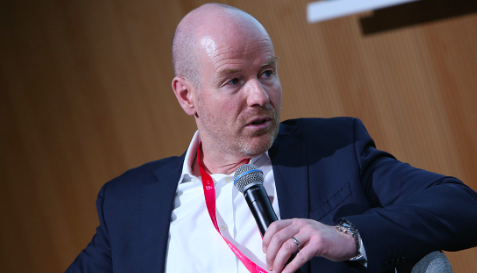VAUNET, Germany’s media owners’ association, has become the latest market stakeholder to demand a redraft of the nation’s inbound ‘Fourth State Treaty on Gambling’.
Representing 150 German media firms operating across all broadcast formats, VAUNET governance has stated that Treaty provisions on gambling advertising will undermine ‘regulated market channelling efforts’ serving as counterproductive measures to consumer safeguards.
In January, Germany’s 16 Lander (states) approved a ‘telecommunications blackout’ of gambling advertising across traditional broadcast and digital verticals from 6:00 to 21:00 hrs.
VAUNET Chairman Dr Matthias Kirschenhofer has lambasted the advertising blackout, stating that Lander executives have failed to value advertising as a key discipline supporting a regulated German marketplace.
“Advertising is the financing basis for private broadcasters and an instrument that steers legal games in the gaming market, the regulatory goal of our federal states,” Kirschenhofer detailed in a statement.
VAUNET has reported that its members have raised concerns over unclear requirements related to digital advertising, and how restrictions would be implemented.
A digital blackout would require all German media owners to undertake significant reforms to their sports-focused content, restricting webpage access, APIs integrations, advertising solutions and further data requests within a limited timeframe.
Kirschenhofer also questioned why the Lander would implement a blackout, as Germany maintains a ‘safe advertising environment’ adhering to terms established by the federal ‘Interstate Treaty on Broadcasting’.
In his statement, Kirschenhofer urged Lander executives not to miss an opportunity to help German media tap into new revenue sources, during a period in which German broadcasters face marketing stagnation.
“The State Treaty on Gaming offers the opportunity for private Broadcasters to generate new advertising revenue. The planned advertising restrictions do not take sufficient account of the economic development of media companies in relation to other media types. They are ultimately at the expense of investments in attractive content. We, therefore, appeal to the federal states to make improvements here again. “









